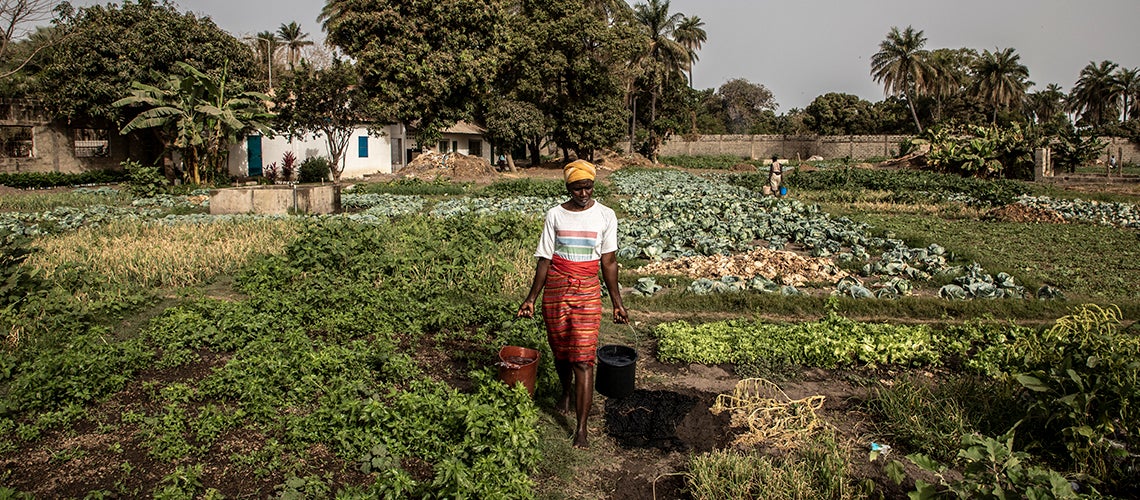 How Rural Development and Agriculture can Support Social Inclusion in Developing Countries
How Rural Development and Agriculture can Support Social Inclusion in Developing Countries
Inclusive growth for ethnic minorities was one of the key topics discussed at the World Bank Group Youth Summit 2022 on the theme of "Unlocking the Power of Inclusion for Equitable Growth". The government and other regulatory bodies often marginalize rural communities in developing countries. Our team won the third place of the 2022 Case Challenge by exploring a sustainable agricultural approach to help resolve this issue. Sustainable agriculture integrates three main goals aligned with the Youth Summit’s theme: environmental health, economic profitability, and social equity. Agriculture plays different roles in rural development across developing countries. These roles can be shaped to address the challenges facing low-income communities and marginalized, underserved groups such as ethnic minorities, people living with disabilities, LGBTQ community, the elderly, women, and youths. We suggested several solutions that developing countries could implement to close the social, environmental, and economic gaps, and improve the lives of marginalized and poor people in rural communities.
As farming is the fabric of rural communities and its main economic activity, it plays an important part in rural development, even in countries where agriculture is of lesser economic significance because of land use impacts. Farming contributes to rural development by supporting employment, ancillary businesses, and environmental services. In peripheral regions, farming supports the economic and social infrastructure.
According to the State of Food Security and Nutrition in the World, 2019, economic actions disproportionally undermine food security and nutrition. This is correlated with extreme poverty levels, but also with the existence of inequalities in income distribution as well as access to basic services and assets, many of which result from social exclusion and the marginalization of groups. Where inequality is greater, economic slowdowns and downturns increase the likelihood of severe food insecurity and poor nutrition for lower-income populations in developing countries.
Rural dwellers in developing countries face a long list of challenges. They include lack of productive infrastructure, low agricultural productivity, vulnerability to natural disasters, climate change, poor access to markets, inconsistent government policies, poor gender inclusion, lack of agricultural extension agents, unfavourable programs, discontinuation of initiatives established by past governments, outbreaks of pests and diseases, etc. Therefore, the bottom-up approach we suggest engages stakeholders in local communities to select the priorities to be pursued. This approach aims to end extreme poverty, reduce inequalities, and address discriminatory barriers to prioritize the poor and the marginalized.
To solve the problems marginalized people face in rural communities, we think it is necessary to decentralize local government. It will facilitate better infrastructures such as storage facilities to improve the shelf life of agricultural commodities. It will ensure food security and safe functioning of food supply chains as well as employment of more extension workers. Research institutions can conduct capacity building and training programs for rural dwellers and active actors in the agricultural value chain at the grass-root level. Supporting the recovery of Micro and Small Enterprises through financial assistance could restore the livelihoods of the poor and vulnerable by catalysing growth and stimulating the agricultural value chains.
The solutions we suggest will improve the living standards in rural areas of developing countries, reduce the price of food, cut the cost of living, and encourage irrigation farming. They will also support social inclusion to achieve, we believe, truly sustainable development.





Join the Conversation